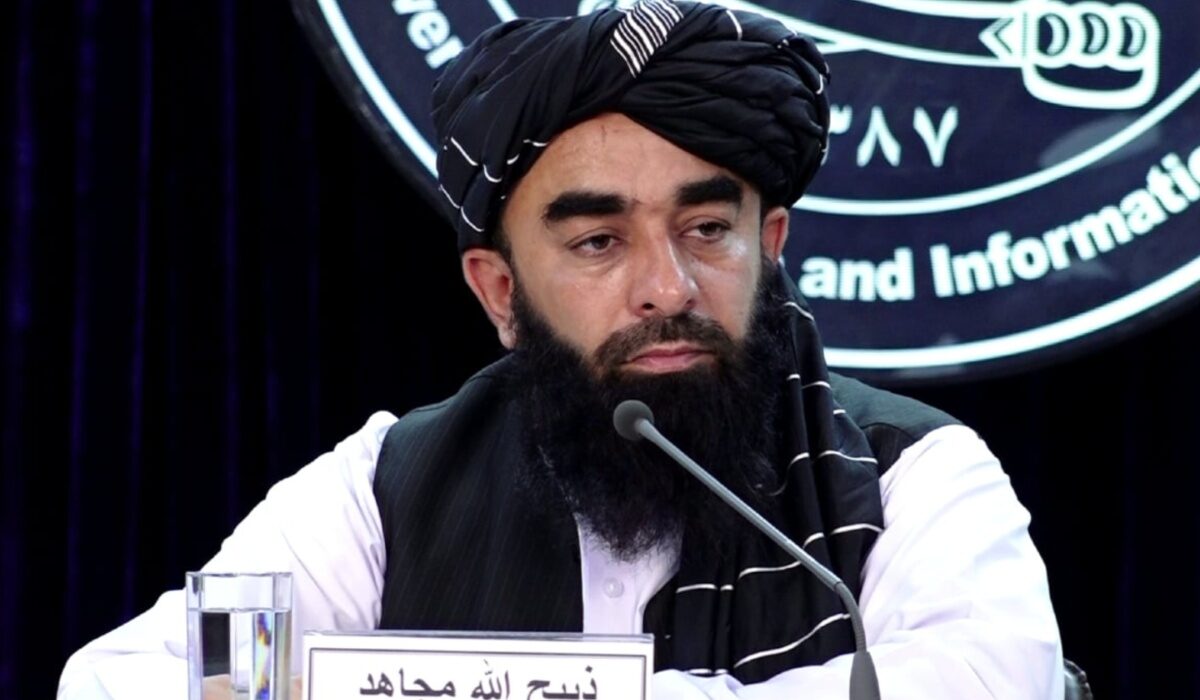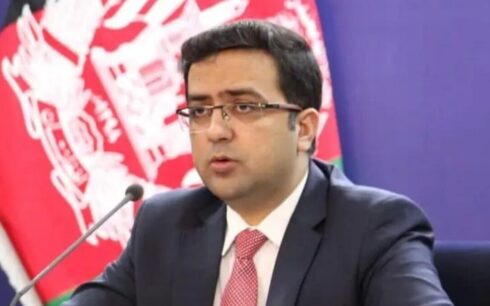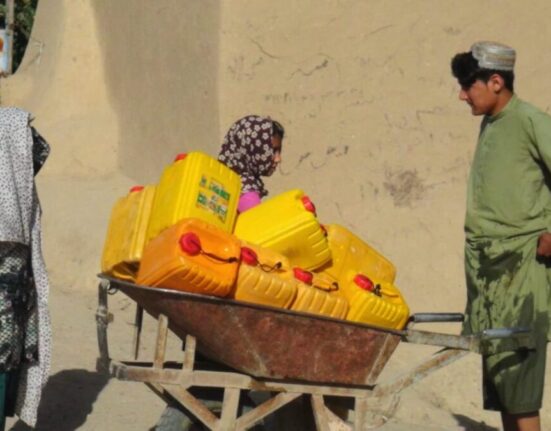KABUL, Afghanistan — In response to Russian Foreign Minister Sergey Lavrov’s remarks on the need for an inclusive government in Afghanistan, Taliban spokesman Zabihullah Mujahid claimed that Afghanistan currently has an “inclusive and accountable government.”
During a press conference on Russian diplomacy in 2023, reported by TASS on Jan. 18, Lavrov stressed the importance of the Taliban-led interim government fulfilling its promises, especially in establishing an inclusive government. “The fulfillment of their own promises, first and foremost, the main being the establishment of an inclusive government, which would include not only ethnic Pashtuns, but also other ethnic groups and feature political inclusivity,” Lavrov said.
In an audio tape released Saturday, Mujahid dismissed external interference in Afghanistan’s internal affairs under Taliban rule, claiming the Taliban has maintained security and stability in the country and rescued its people from “disunity and conflicts.”
He asserted that the Taliban government aligns with the expectations of the Afghan people and criticized Lavrov’s comments as interference in Afghanistan’s affairs.
“The internal issues of Afghanistan are a matter for the Afghan people to address,” Mujahid said. “Other countries should cooperate with Afghanistan and its people but should refrain from interfering in our internal affairs.”
A June report by the U.N. Security Council’s Analytical Support and Sanctions Monitoring Team described the Taliban governance structures as “highly exclusionary, Pashtun-centered, and repressive” toward opposition. The report also noted that Kandahar’s resurgence as a power center, like during the 1990s Taliban rule, has marginalized senior Taliban ministers in Kabul due to decision-making processes.
Key Taliban figures, including Mujahid, have established offices in Kandahar, where significant decrees, such as those barring women and girls from education and work, were issued instead of Kabul.
The U.N. report also highlighted internal conflicts within the group over policies, power centralization, and control of financial and natural resources. These ongoing power struggles pose a risk of armed conflict between rival factions, the report added.





